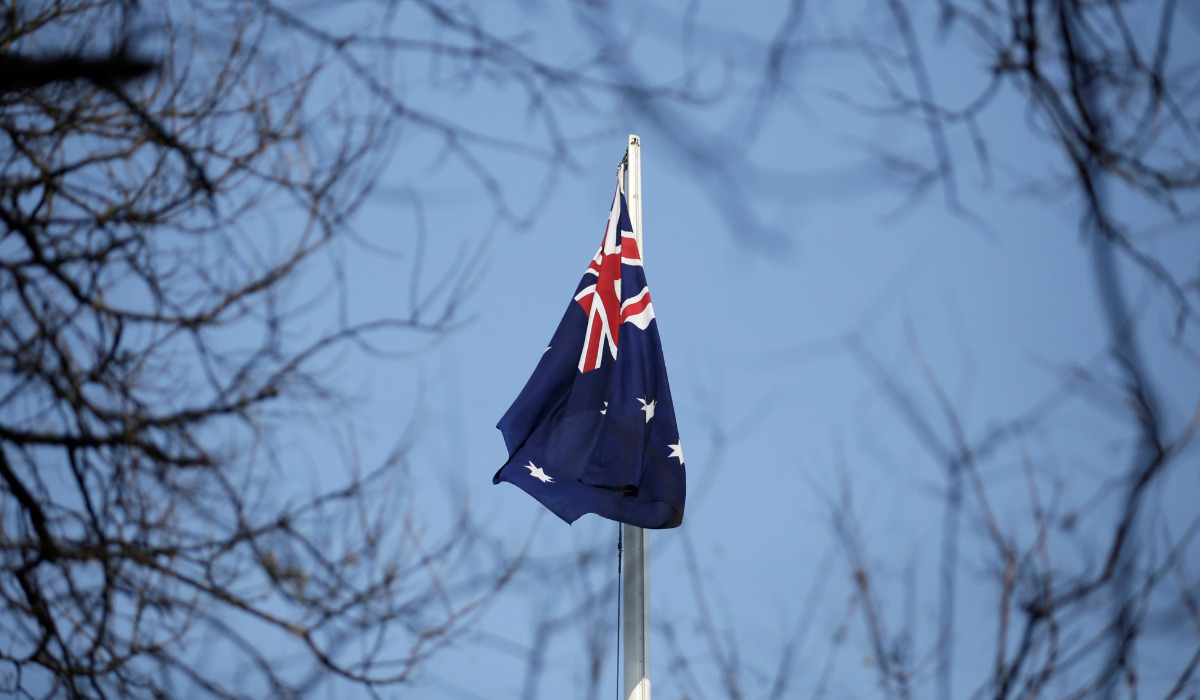Human Rights Watch (HRW) issued a statement on Friday, urging Australia to prioritize humanitarian visas, emphasizing that enhancing refugee resettlement programs’ adaptability and innovation is crucial to the rescue of the most vulnerable.
The organization said that amid Afghanistan’s escalating human rights and humanitarian dilemma, the government must streamline bureaucratic processes and prioritize the processing of humanitarian visas for those in dire need of escape.
“Additionally, it should be prepared to augment the overall allotment of humanitarian visas for Afghan nationals. This is the only way to make a meaningful difference for the most vulnerable,” said the watchdog organization.
According to the watchdog, the Australian federal government has declared an elevation of its humanitarian visa quota from 17,875 to 20,000 refugees. The synchrony of these developments prompts reflection on the effectiveness of Australia’s humanitarian visa initiative in aiding those attempting to escape Afghanistan. More pertinently, it raises the question of how improvements can be made.
The preceding two years have witnessed Afghanistan descending into one of the world’s gravest humanitarian crises, the organization said, adding that two-thirds of its population confronts famine, while a minimum of three million children grapples with acute malnutrition. Furthermore, the country boasts one of the globe’s highest infant mortality rates, with thousands of women succumbing to pregnancy-related causes, the majority of which are preventable.
“Following the takeover of the nation on August 15, 2021, the Taliban have curtailed women and girls’ entitlements to education, employment, mobility, and peaceful assembly. The remaining Afghan media contends with extensive censorship. A growing number of journalists and dissenting voices are imprisoned,” stated the rights organization.
“The more complex the circumstances, the greater the need for adaptability. The Home Affairs Department acknowledged earlier this year that humanitarian visa applications from Afghanistan face delays due to challenges arising from the very Taliban authorities persecuting these individuals,” Human Rights Watch added.
While Home Affairs officials encounter obstacles verifying biometric and other data in Afghanistan, the Law Council of Australia has asserted that Afghanistan applicants are reportedly declined due to Australia’s insufficient capacity to process them, despite satisfying all other criteria for a Humanitarian visa. While health and security evaluations are essential in refugee processing, extraordinary situations necessitate the reduction of administrative hindrances.
According to HRW, in 2021, the government designated 26,500 humanitarian visa allocations for Afghan refugees over the subsequent five years. By May of this year, nearly half of these allocations had been granted, while applications exceeded 40,000. At this rate, available quotas will significantly lag behind the demand.





